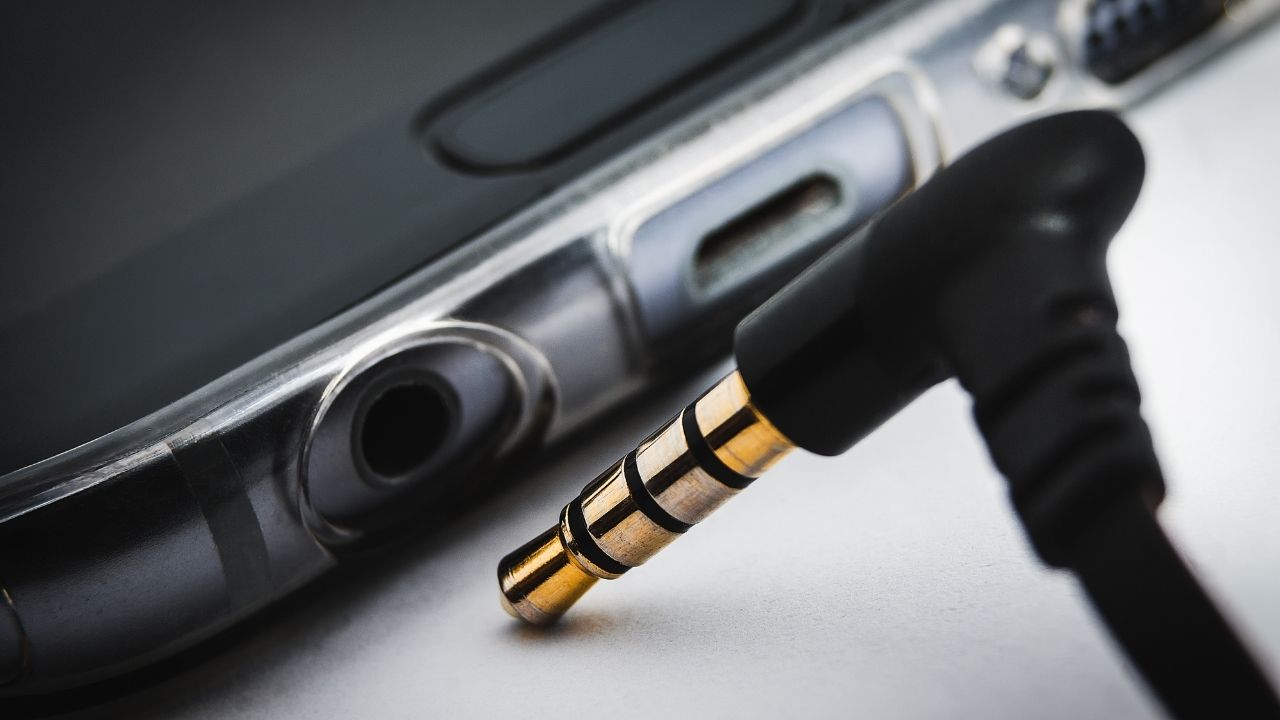There are three general types of solar power systems: grid-tied, hybrid, and off-grid. The first type of system relies on the grid as a backup source of power when solar is not available. Off-grid systems must have their own backup power to function when there’s no sunlight. And hybrid systems utilize both the grid and backup power supplies for more robust functionality. Generally speaking, residential solar setups will utilize either a grid-tied or hybrid system, since the home is already connected to the city grid. But is disconnecting from that grid an option for residential solar users? Keep reading to learn more.
Is It Even Legal?
The answer to this can vary from state to state, and even differ by city, so it’s important to research your local laws regarding going off-grid in a residential area. If it is legal to disconnect from your city’s grid, there may be many regulations in place that require you to follow certain procedures or pay a fee to disconnect. This can be extremely frustrating to those who want to be more energy independent without having to relocate to a backwoods cabin, but unfortunately, playing by the rules is unavoidable in these situations.
Will Your System Support It?
If you are able to disconnect from your city’s grid, you’ll need to make sure that your solar power system can support you. For starters, it’s vital that your solar array is appropriately sized to meet your needs—including any surge power needs for starting the appliance. If it’s not, you’ll experience flickering electricity and frequent outages when you run out of power.
Additionally, as mentioned above, you’ll need a backup power supply. Battery banks are by far the most popular option for solar users. Again, make sure that your bank is sized appropriately to meet your needs. Keep in mind, it doesn’t just need to supply you with power at night; you’ll also rely on your battery bank during extended periods of cloudy weather. In many cases, it’s a good idea to have a secondary backup power supply, like a generator, in case your batteries run dry.
If You Can’t Go Off-Grid…
If your city or state doesn’t allow you to completely disconnect from the grid, that doesn’t mean you can’t be more energy independent! Hybrid systems can offer you the off-grid experience without disconnecting from the grid, so long as your system is sized to meet your needs. Just look for hybrid inverters (which are essentially grid-tied solar inverters that support backup power) and start building your hybrid solar system!
